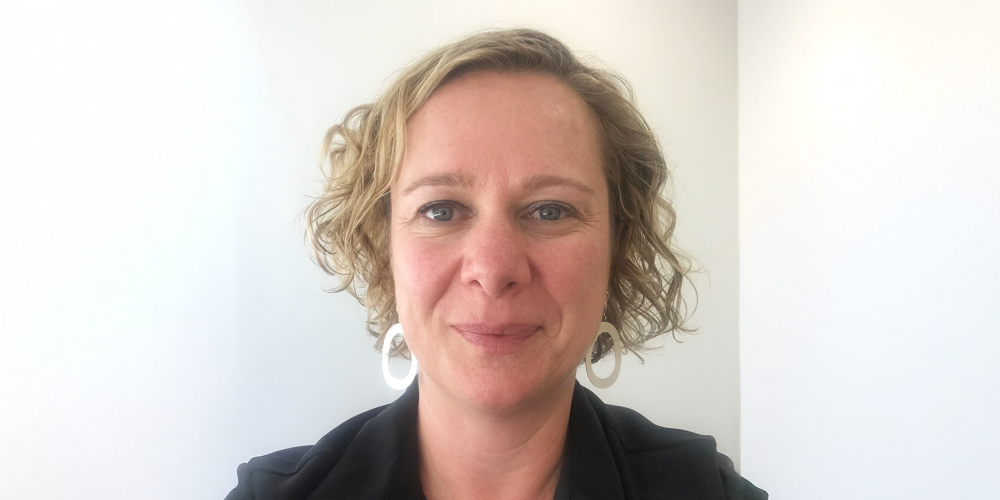
Science and politics seem to be growing further apart. Yet, they need each other to find solutions to today’s complex societal challenges. That’s why the Science Meets Parliament project, led by the Young Academy, pairs researchers with parliamentarians. Several VUB researchers are taking part: Marie-Laure Vandenhaute, Robin Vandendriessche, Ilse Rooman, Simon Weekx, Franne Mullens, and Eva Cloet. On Valentine’s Day, they will meet their political partners for the first time.
Eva Cloet (49) researches developmental issues in children and young people from a healthcare policy and organisation perspective. Her date is with Fatima Lamarti, a Federal MP for Vooruit (Forward).
What are you expecting from the first date?
"A lot! I’m curious and want to take in as much as possible. I’m looking forward to finding common areas of interest and sharing insights and challenges from our respective backgrounds. I’m also excited to get a glimpse into the daily work of a Federal MP. Since my date belongs to the same party as our Federal Minister of Public Health and the Flemish Minister for Welfare, Public Health, and Family, I’m keen to hear her views on these areas and her involvement in shaping ministerial policy."
Do you date across the political spectrum?
"Yes. Out of curiosity. To understand the reasoning behind opinions and positions. To gain insight. Not necessarily to be sympathetic."
"Scientists are not wallflowers, but sometimes they need to be"
What would be a dealbreaker?
"A one-way conversation."
Do scientists need more love from politicians?
"Do scientists feel unloved by politicians? I advocate for a model where scientists and politicians actively seek each other out and challenge one another—one where they recognise each other’s value and appreciate what they can contribute. Scientists can provide meaningful support to policymakers. They can help develop new and innovative policy insights, offer evidence-based backing for policy choices, or even advise against certain measures. They can also play a crucial role in evaluating implemented policies."
"I advocate for a model where scientists and politicians actively seek each other out and challenge one another"
Is your field ‘sexy’ to politicians?
"My field is ab-so-lute-ly incredibly attractive to politicians! Unravelling and exposing organisational and policy challenges in healthcare, searching for evidence-based alternatives and solutions, approaching problems with an unbiased and broad perspective—these are invaluable for any politician involved in healthcare policy and organisation."
Are scientists too much like wallflowers?
"Wallflowers grow everywhere, not just among scientists. Just as you’ll find flourishing rosebushes, tenacious ivy, and stubborn weeds in any environment. Research involves stepping back to reflect, think, analyse, and write—that requires certain ‘wallflower’ skills. But it also involves fieldwork, disseminating results and recommendations, speaking at conferences, networking, and building collaborations. That means letting go of the ‘wall’ when needed. So no, scientists are not wallflowers—but sometimes, they need to be."*
Science Meets Parliament
Science Meets Parliament brings Flemish researchers and parliamentarians together to foster mutual understanding of each other's worlds. This initiative, a kind of 'pairing scheme,' pairs twenty scientists with twenty politicians.
In the spring of 2025, researchers will spend a day immersed in the political arena—attending committee meetings and gaining insight into the legislative process. Later, the politicians will visit the scientists’ workplaces to see first-hand how academic research takes shape. The goal? To bridge the gap between science and policy, ensuring that societal challenges are tackled with well-founded insights.
*This is a machine translation. We apologise for any inaccuracies.

